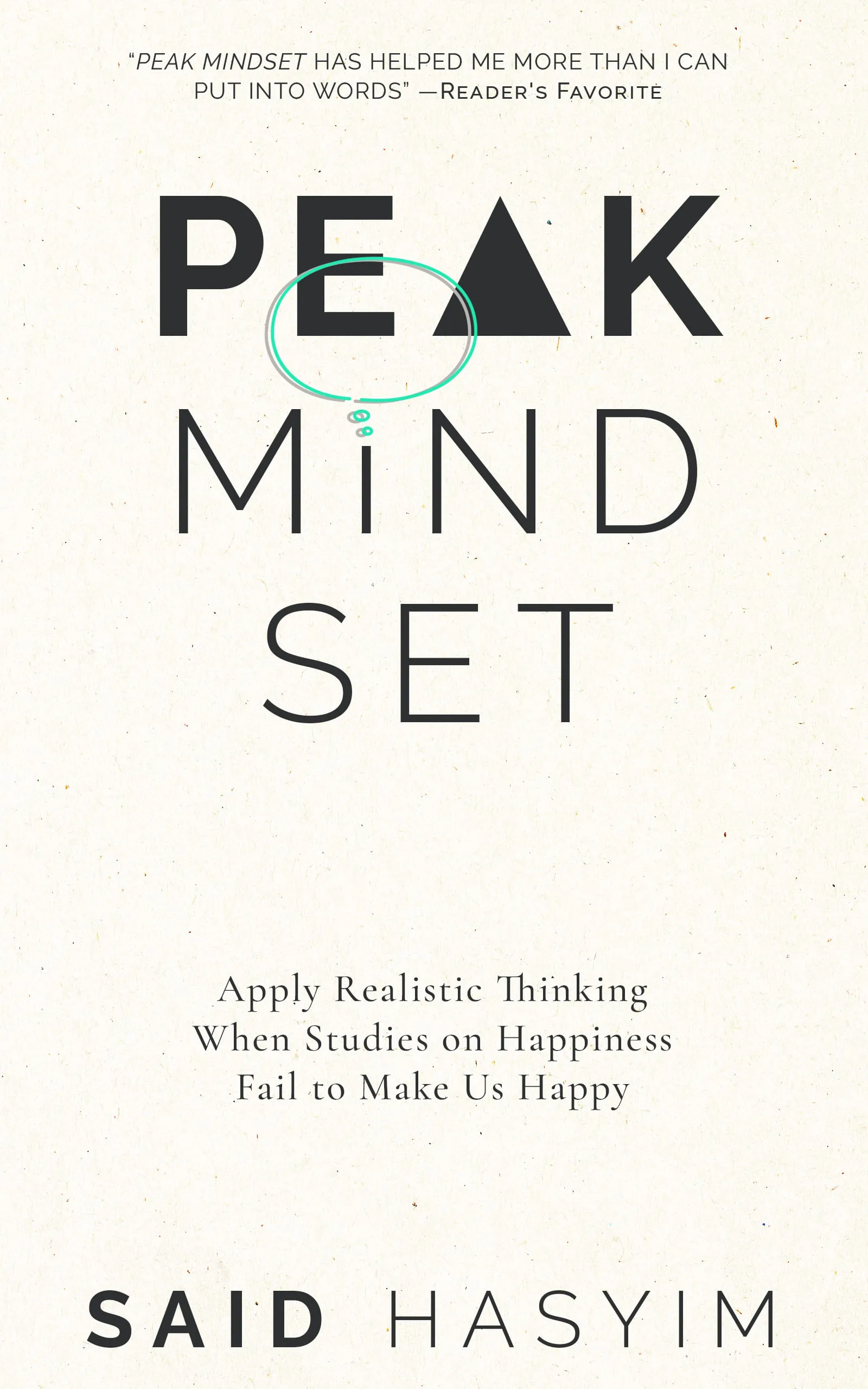The Impact of Realistic Expectations on Happiness
Happiness is a complex and multifaceted concept that varies significantly among individuals. While it’s often seen as an elusive feeling that comes and goes, contributing factors to happiness can be more systematic than many realize. One such factor is our expectations. Specifically, the relationship between realistic expectations and happiness is a critical element that can significantly shape our emotional well-being.
In this blog post, we'll explore how having realistic expectations can enhance our sense of happiness and fulfillment, while unrealistic expectations can lead to disappointment and disillusionment. We’ll delve into various aspects that influence this relationship, providing insights and practical tips for achieving a more joyous life.
Understanding Expectations
Expectations are shaped by our beliefs, experiences, and external influences. They serve as mental benchmarks that determine how we view ourselves, our relationships, and our future. When our expectations are grounded in reality, we are more likely to experience satisfaction and joy. Conversely, when we set our sights too high, we open the door to frustration and unhappiness.
The Nature of Expectations
There are generally two types of expectations:
Realistic Expectations: These are grounded in objective reality. They consider our current circumstances, resources, and abilities. Realistic expectations allow us to aim for achievable goals without falling into frustration when things do not go as planned.
Unrealistic Expectations: These can stem from various sources, including societal standards, media portrayals, or personal aspirations. They often include 'all-or-nothing' thinking, such as believing that one must be successful, wealthy, or loved at all times. Such expectations can create a sense of inadequacy when we fail to meet them.
The Connection Between Expectations and Happiness
1. The Role of Positive Psychology
Positive psychology—a field that focuses on strengths and virtues that enable individuals to thrive—emphasizes the importance of realistic expectations. Research shows that having attainable goals leads to higher levels of happiness and life satisfaction. When goals are realistic, we can achieve them more consistently, fostering a sense of accomplishment and boosting our self-esteem.
2. The Disappointment Trap
Unrealistic expectations often lead to disappointment. This disappointment can manifest in various ways—feelings of failure, dissatisfaction, or a perpetual sense of longing. When the gap between our expectations and reality widens, it can create a cycle of negativity.
For example, someone who expects constant recognition at work may feel undervalued when they don’t receive it. This individual might then spiral into self-doubt and resentment, ultimately affecting their overall happiness and mental health.
3. Cultural Influences and Expectations
Cultural norms heavily influence our expectations, shaping what we perceive as "normal" or desirable. For instance, many cultures place a high premium on success, beauty, or social status, leading individuals to pursue unrealistic ideals. Such pressures can lead to an endless chase for an unattainable standard, prompting dissatisfaction and anxiety.
The Benefits of Realistic Expectations
1. Enhanced Gratitude
When we adopt a mindset that embraces realistic expectations, we become more attuned to gratitude. Recognizing and appreciating what we currently have allows us to cultivate a positive outlook on life. By setting achievable goals and celebrating small victories, we foster a more profound sense of happiness.
2. Improved Resilience
Realistic expectations contribute to resilience—the ability to bounce back from setbacks. When we accept that obstacles are a natural part of life, we become more adaptable. Instead of viewing challenges as insurmountable failures, we can reframe them as opportunities for growth and learning. This mindset fosters resilience, ultimately leading to greater happiness.
3. Healthier Relationships
In personal relationships, realistic expectations can prevent unnecessary disappointments and misunderstandings. By communicating openly and setting attainable goals together, individuals can build stronger and healthier relationships. This not only enhances personal fulfillment but also stabilizes emotional well-being within the relationship.
Tips for Managing Expectations
1. Self-Reflection
Take time to reflect on your expectations in various aspects of your life—career, relationships, personal development. Ask yourself whether these expectations are grounded in reality or if they are influenced by external pressures.
2. Set SMART Goals
Utilize the SMART criteria—Specific, Measurable, Achievable, Relevant, and Time-bound—to set realistic expectations and goals. This method fosters clarity and helps maintain a sense of purpose while remaining grounded in reality.
3. Practice Mindfulness
Engaging in mindfulness can aid in becoming more present and accepting of current circumstances. Mindfulness encourages us to notice patterns in our thinking and helps in distinguishing between realistic and unrealistic expectations.
4. Cultivate Gratitude
Regularly express gratitude for the positives in your life. Keeping a gratitude journal can help shift focus from what you lack to what you have, cultivating a sense of contentment and happiness.
5. Seek Support
Don’t hesitate to reach out to friends, family, or professionals for support in managing expectations. Sometimes, sharing your thoughts with others can provide new perspectives and help you recalibrate.
Conclusion
The impact of realistic expectations on happiness cannot be overstated. By fostering a realistic perspective, we not only enhance our chances of success but also enrich our overall experience of life. Realistic expectations create a roadmap for happiness that is accessible and sustainable, allowing us to appreciate the journey instead of solely focusing on the destination.
By reflecting on our expectations and actively working to ensure they align with reality, we can cultivate a more fulfilling, joyful, and satisfying life. Remember, happiness is not just a destination—it's a continuous journey where every step counts.
Leverage Your Mindset for a Fulfilling Life
Explore Peak Mindset, a book to leveraging your subconscious for a more fulfilling life. Gain insights into realistic thinking, money management, and stress resilience to make informed decisions. Discover pitfalls in conventional happiness advice and practical strategies for self-transformation. Unlock your potential and enhance your overall satisfaction.
